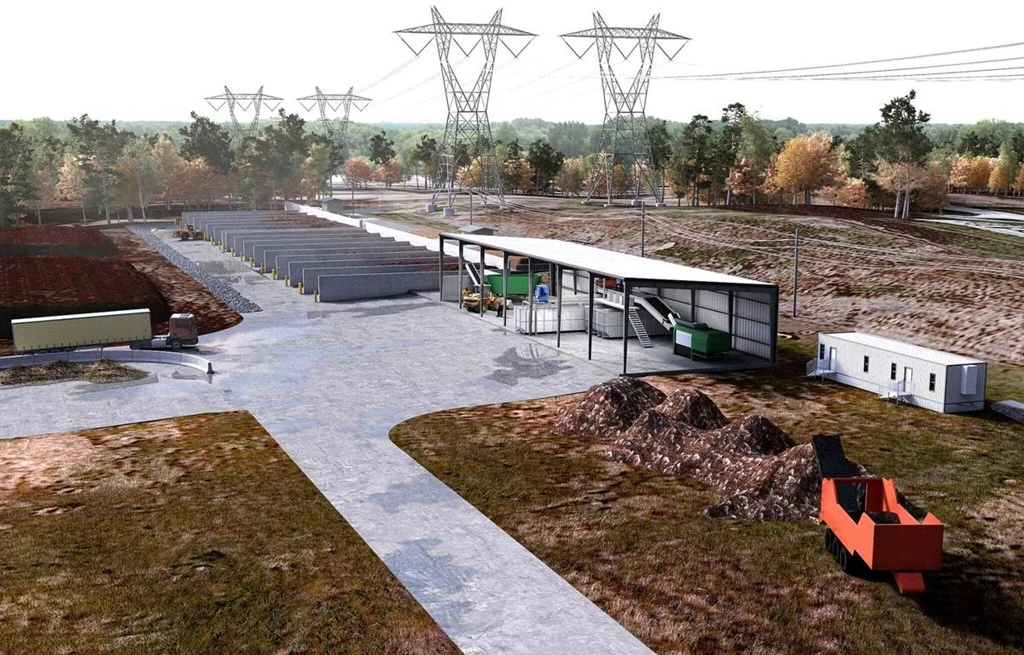
Prince William County
Prince William County, Virginia, broke ground this week on a new compost facility that will process food waste from grocery stores, restaurants, schools and institutions.
“Our ultimate goal is to divert material that can be reused from the landfill,” Tom Smith, the county's solid waste division chief, said at the groundbreaking ceremony. “That's why we're doing this. That's why it's been in our plan for 10 years to try and divert waste from the landfill to extend its life and to make products out of what would normally be considered garbage."
Balls Ford Road Yard Waste Compost Facility, Virginia, has processed yard waste for more than 20 years. In 2015, the county approved a contract with Virginia-based Freestate Farms to run the facility, as well as build the new organic waste compost facility.
Freestate Farms will operate the new facility with “technology that speeds up the composting process,” Smith said in a news release.
Yard waste and food waste currently constitute about 30 percent of the waste that is delivered to the landfill. The new facility will double the capacity of the current facility and process food waste largely from grocery stores, restaurants, schools and other institutions.
The first phase, the new advanced aerobic system, will use a series of concrete bunkers and pipes to continuously aerate the piles to compost material in about one third of the time it takes now. The process to turn yard waste to usable compost currently takes about 9 to 12 months.
The second phase will be construction of tanks used for anaerobic decomposition of food waste. An enclosed tank reactor will process food waste and other organic material into fertilizer products and biogas (methane) for use in renewable energy applications.
Coles District supervisor Marty Nohe said one of the main goals is that “we leverage new advances in technology to do things better, to do things faster, to do things more cost-effectively, to serve our community better.”
He called the new partnership the “beginning of a new era” in how the county deals with waste.
The project is expected to be complete by 2020.
Latest from Waste Today
- Rancho Las Virgenes Compost Facility—Calabasas, California
- Optimize wet waste management with Sebright Products High-Density Extruders
- Plum Creek announces new regional sales manager
- WM reports strong Q4 earnings
- Washington state legislature introduces bills to create recycling refund program for beverage containers
- Lee Zeldin sworn in as new EPA administrator
- C&D World session preview: Optimizing Plant Operations with best practices for efficiency and success
- Hyva launches new rear loader





